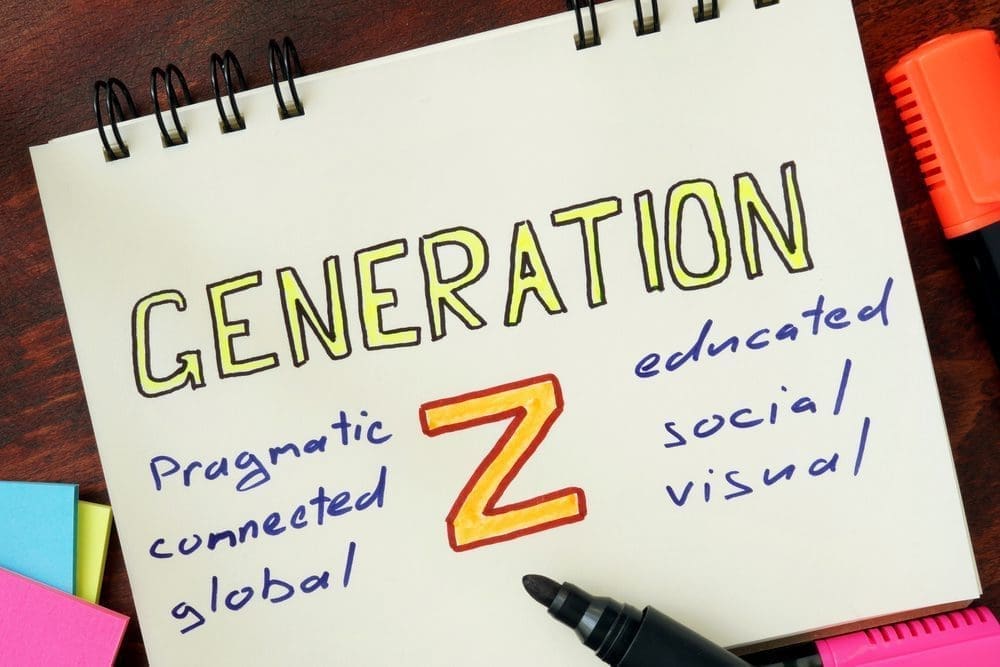

Sustainability means making choices today that avoid depleting the environment of natural resources. In this way, an ecological balance will be kept or sustained. Ideally, sustainability should not deprive modern society of any quality of life. One description of environmental sustainability concludes that it “aims to improve human welfare through the protection of natural capital.”
Individuals can invest in sustainability as well as businesses. Those who are motivated to preserve natural resources for future generations can take a number of positive steps, all the way from a relatively easy avoidance of plastic bag use to the far more serious commitment to limit the number of children they have.
Other suggested behaviors to foster sustainability are:
- Buy only what you need
- Avoid trends and buying for the sake of buying
- Use solar energy
- Conserve water
- Use refillable water bottles
- Recycle & purchase recycled products
- Eat local food
- Compost and grow your own vegetables
- Use public transportation
- Buy from companies that are eco-friendly and practice sustainability
Gen Z is leading the way in sustainability
The generation most fully invested in sustainability is Generation Z; they are leading the way for everyone else. This generation formally consists of those born between 1997 and 2012, according to the Pew Research Foundation, so its members are between the ages of 12 and 27 now. One study determined that 90% of Gen Z’ers changed their lifestyles and habits to live more sustainably. And they are having a significant influence on both brand behaviors and the following generation, our future consumers.
75% of Gen Z, (also called Zoomers or the “TikTok generation”) prefer to consider sustainability rather than brand names when making buying decisions, according to a recent survey conducted by the First Insight and Baker Retailing Center at The Wharton School of the University of Pennsylvania. Contrast that to 71% of Millennials and 73% of Generation X. Baby Boomers (those born between 1946-1964) don’t quite measure up to the younger groups, but even so, 65% of them rate sustainability as more important than buying brand names.
Gen Z’s huge respect for the environment is the biggest factor in influencing their buying decisions and investment in sustainable products. This generation has experienced climate change firsthand, and they cite it as their number one concern, followed by healthcare. They are also more digitally connected than any previous generation, so they can take advantage of social media to research (and report on) companies.
Not only does Gen Z make a point of buying from brands that practice sustainability, but they also make career choices based on the same philosophy. According to a Deloitte survey reported by the BBC, 77% of this demographic noted that it was important for them to work for a company whose values aligned with theirs, particularly when it came to climate change and sustainability. Just as they are willing to pay more for brands that practice sustainability, they also are willing to be paid less to work for an environmentally conscious company. More than half of U.S. business school students said recently that they would accept a lower salary for this reason. This is 7% more than in a similar survey just 5 years ago.
It’s easy to see why “Zoomers” have such a huge influence over both brands and over other consumers. They make up almost 21% of the population of the United States and 26% of the world’s population; that’s 2 billion people! Because almost 99% of Gen Z has smartphones and accesses multiple social media platforms daily, word spreads fast when it comes to eco-friendly companies.
Polly Products has always been fully invested in sustainability, proudly providing durable alternatives to materials that could deplete natural resources and add to landfill waste. For example, we use 100% recycled plastic HDPE from things like milk jugs and detergent bottles to create our line of outdoor recreational furniture. You can read more about this in our blog, All Plastics Are Not Created Equal. Our outdoor furniture is environmentally responsible, and we take great pride in our contribution to saving the planet.
Hopefully, Gen Z will continue to lead the way until Generation Alpha can take up the mantle. Sustainability is something that affects all 8 billion of us on earth, not to mention future generations.








